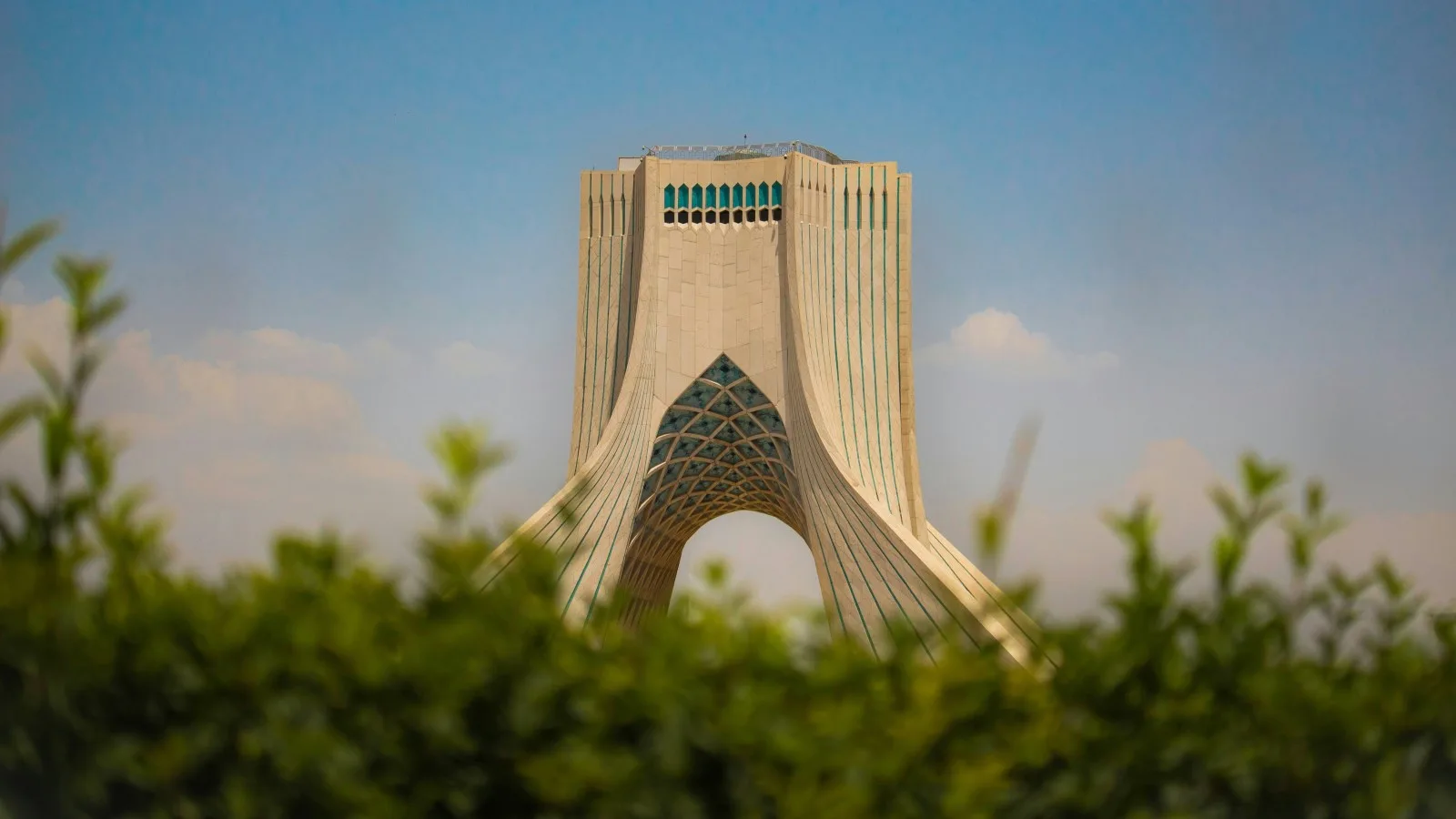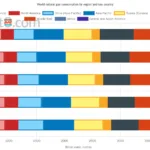Original Report: energynews.pro(full story)
- US and G7 Coordination: The US, alongside G7 leaders, contemplates new sanctions due to Iran’s attack on Israel amidst escalating Middle Eastern tensions.
- Sanction Details: Recent sanctions were announced against Iran-supported Houthi rebels in Yemen.
The United States, in conjunction with G7 leaders, is weighing the imposition of fresh sanctions and measures in reaction to Iran’s striking offensive against Israel. This consideration arises amid increasing tensions in the Middle East, where Iran’s relationships with neighboring countries remain particularly fraught. Concurrently, the US Department of the Treasury has initiated a fresh wave of sanctions targeting Houthi rebels financed by Iran in Yemen.
During a press briefing on October 2, State Department spokesperson Matthew Miller remarked, “We can always look to identify new ways to impose sanctions on Iran or increase enforcement of our existing sanctions.” He underlined that some measures might be introduced through international partners, highlighting the necessity for a unified global stance beyond the United States.
Impact on Iranian Oil Exports
ClearView Energy Partners indicated on October 1 that a segment of Iran’s oil exports poses challenges for sanctioning due to the limited involvement of Chinese buyers within the US financial framework. Nevertheless, more than 800,000 barrels per day could potentially be intercepted through enhanced enforcement actions. Recently, a bipartisan coalition of US lawmakers urged the Biden administration to implement new sanctions included in the national security package approved in April to further constrict Iran’s oil transactions with China.
Diplomatic and Military Considerations
In addition to economic sanctions, some political figures advocate for a decisive military strategy against Iran’s oil sector. Senator Lindsey Graham from South Carolina implored on October 1, “I urge the Biden Administration to coordinate an overwhelming response with Israel, starting with Iran’s ability to refine oil.” Iran possesses a refining capacity of approximately 2.4 million barrels per day across ten significant facilities, endowing it with considerable strategic advantage.
Targeted Sanctions Against the Houthis
On October 2, the US Treasury’s Office of Foreign Assets Control (OFAC) imposed sanctions on an individual and three companies involved in arms smuggling for the Houthi rebels. OFAC also targeted entities and tankers associated with transporting illicit Iranian oil, including the Gabon-flagged Izumo and the Cook Islands-flagged Frunze, with the company Gemini Marine Limited also listed.
In a broader strategy to economically and militarily isolate Iran, the sanctions also address arms procurement networks based in Iran and China that have supported the Houthis in deploying advanced weaponry against US and allied targets. Notable sanctioned entities include Shenzhen Boyu Imports and Exports and Iranian operative Hasan Ahmad Hasan Muhammad al-Kuhlani, all contributing to a concerted effort to curtail Iran’s military financing and bolster an international coalition for more effective sanctions.







